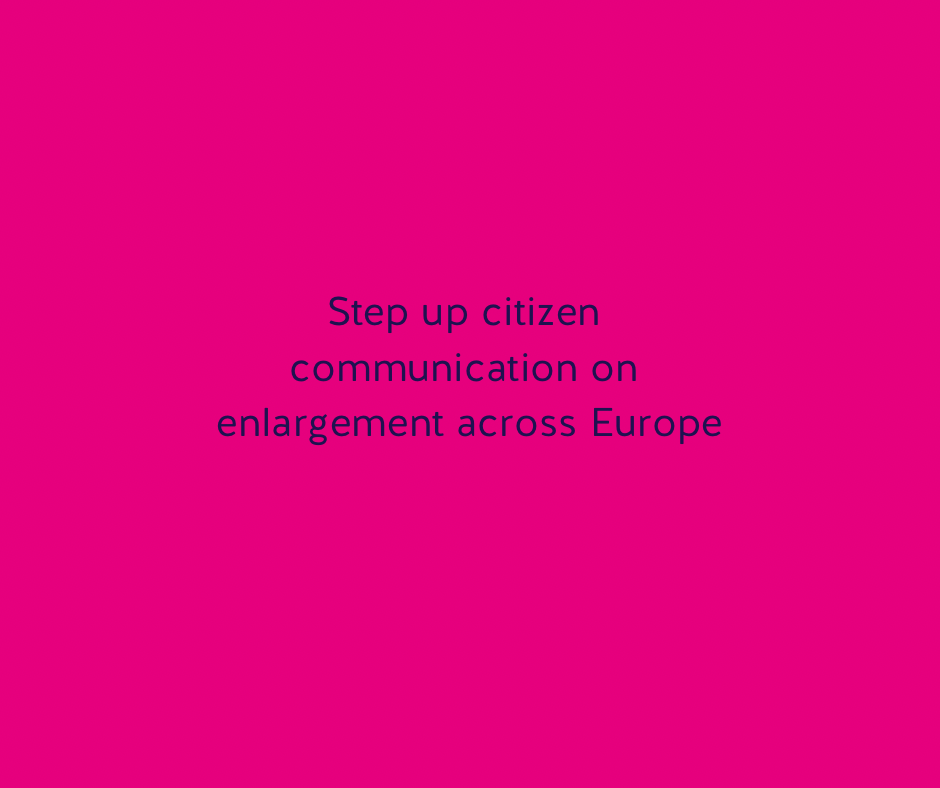Polis Brief N°24
Trapped in the map? Proximity and distance in perceptions of the Western Balkans
By Frauke Seebass
European identity, Europeanisation, the Future of Europe. While these terms are often framed as inclusive concepts empowering transnational alliances and tackling global challenges, they are at least as much exclusive in the ways they are defined and operationalised. Nowhere is this more evident than in the countries dubbed the ‘Western Balkans’ who despite their geographic proximity continue to serve as the ‘other’ against which Europe (i.e., the European Union) struggles to define itself.
When tracing the history of European integration and looking at examples of modern Balkanisms and their functions, we see that domestic contestation, prejudiced narratives, and the lack of a coherent foreign policy identity continue to inhibit a meaningful cohesion of narratives. In the face of the new geopolitical reality unfolding in its neighbourhood, pro-European forces across the continent urgently need a shared vision for its common future.
Warning: array_column() expects parameter 1 to be array, bool given in /var/www/web27486935/html/Zba/wp-content/themes/generatepress_child/content-single.php on line 81



